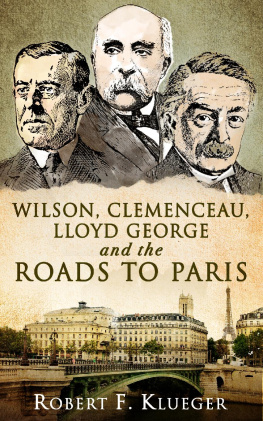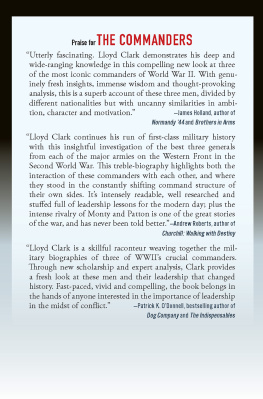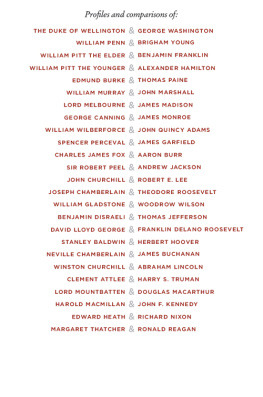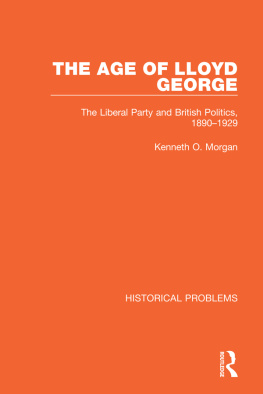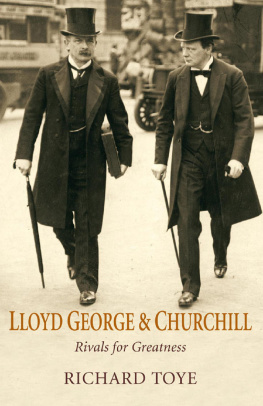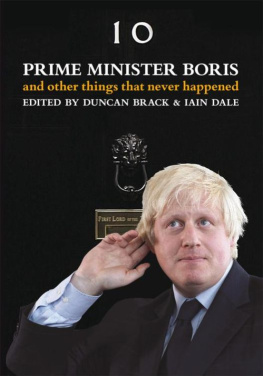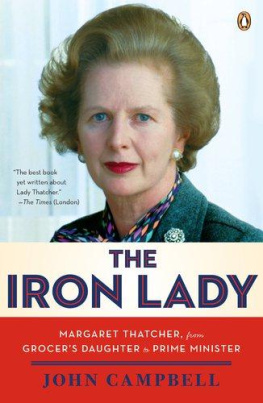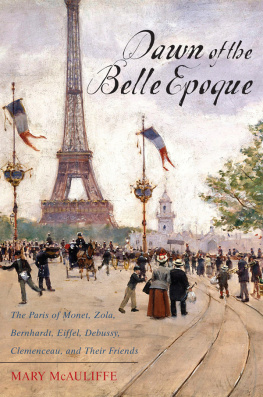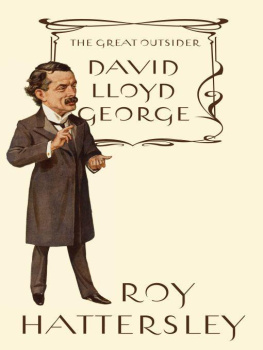Robert F Klueger - Wilson, Clemenceau, Lloyd George and the Roads to Paris
Here you can read online Robert F Klueger - Wilson, Clemenceau, Lloyd George and the Roads to Paris full text of the book (entire story) in english for free. Download pdf and epub, get meaning, cover and reviews about this ebook. year: 2021, publisher: Bridge & Knight Publishers, Ltd., genre: Politics. Description of the work, (preface) as well as reviews are available. Best literature library LitArk.com created for fans of good reading and offers a wide selection of genres:
Romance novel
Science fiction
Adventure
Detective
Science
History
Home and family
Prose
Art
Politics
Computer
Non-fiction
Religion
Business
Children
Humor
Choose a favorite category and find really read worthwhile books. Enjoy immersion in the world of imagination, feel the emotions of the characters or learn something new for yourself, make an fascinating discovery.
- Book:Wilson, Clemenceau, Lloyd George and the Roads to Paris
- Author:
- Publisher:Bridge & Knight Publishers, Ltd.
- Genre:
- Year:2021
- Rating:4 / 5
- Favourites:Add to favourites
- Your mark:
Wilson, Clemenceau, Lloyd George and the Roads to Paris: summary, description and annotation
We offer to read an annotation, description, summary or preface (depends on what the author of the book "Wilson, Clemenceau, Lloyd George and the Roads to Paris" wrote himself). If you haven't found the necessary information about the book — write in the comments, we will try to find it.
...an immense and highly impressive work of historical/political scholarship. [An] admirably detailed yet still eminently readable account of the lives of three of the twentieth centurys most influential politicians... -Manhattan Book Review
...impressively researched, with...fresh insights that will appeal to even seasoned diplomatic historians. Readers will be introduced to myriad rich details about the lives of the early-20th-centurys most important world leaders. -Kirkus
The three men who met in Paris for the most consequential summit conference of the twentieth century were very different men: Georges Clemenceau, 77, The Tiger who had spent five decades fighting for the ideals of the French Republic; David Lloyd George, who grew up in poverty in rural Wales, had entered the House of Commons at twenty-seven, had stood alone in his opposition to the South African War, and who rose to become prime minister and become the face of Britains defiance to the kaiser; and Woodrow Wilson, the lifelong academic who went from president of Princeton University to the president of the United States in the span of two years.
They were, in many ways, much alike: They were three of the most brilliant men of their age. Each had the ability to charm and sway an audience, whether in the House of Commons, the French Chamber of Deputies or in a Princeton classroom. Yet, the document they produced, the Treaty of Versailles, was the Carthaginian peace that sowed the seeds of the Second World War. How did these brilliant men-who knew better-let it happen?
For the first time, Robert F. Klueger traces their tumultuous histories until they reach Paris in 1919, Wilson determined to remake international law based upon the ideals of his Fourteen Points, Clemenceau every bit as determined to make France secure against another German invasion, and Lloyd George, leading a coalition government and a people determined to make Germany pay, until, at the very last, he tried and failed to reverse what he saw would be a tragic result.
Robert F Klueger: author's other books
Who wrote Wilson, Clemenceau, Lloyd George and the Roads to Paris? Find out the surname, the name of the author of the book and a list of all author's works by series.

